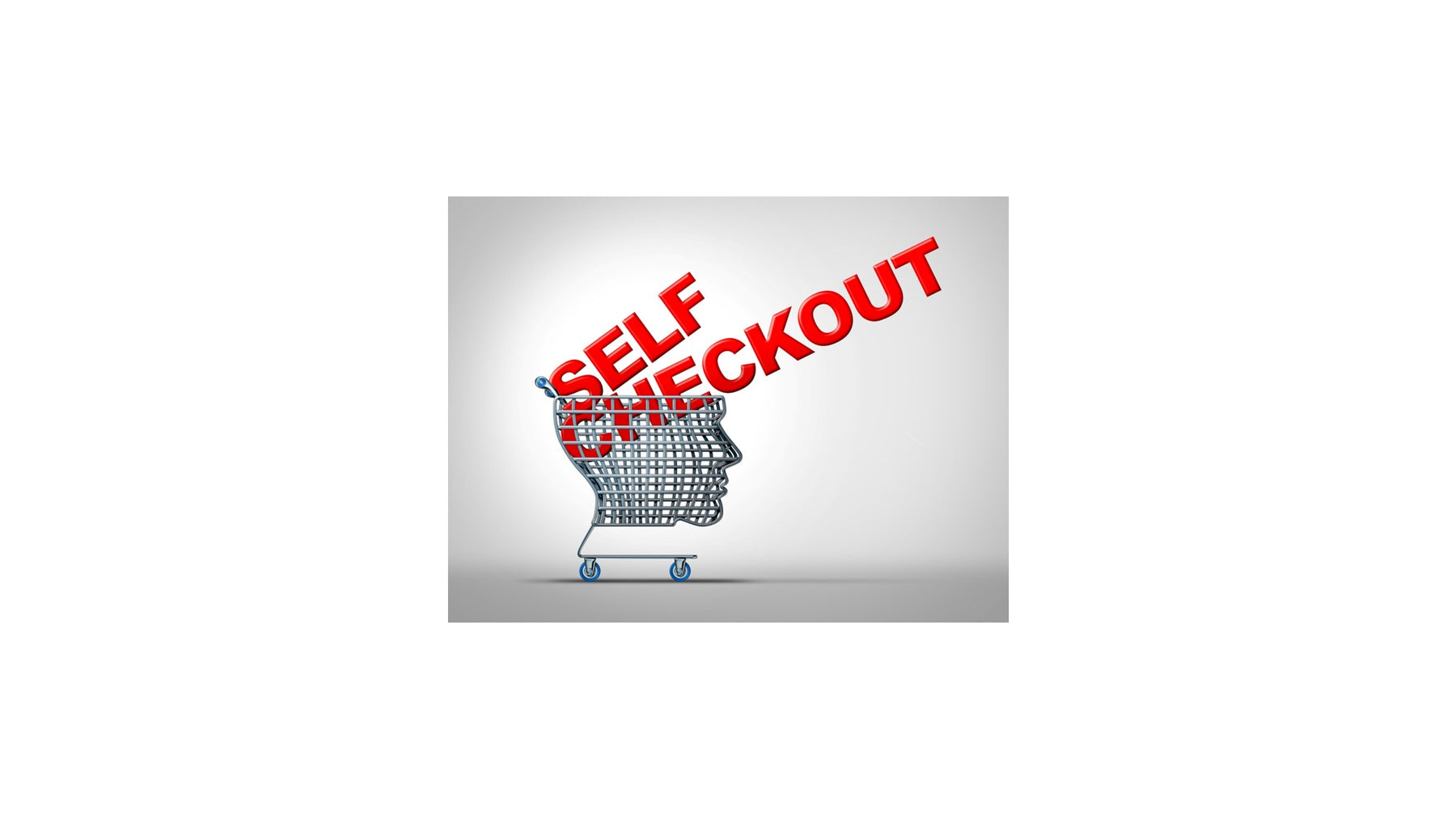Email: ashley@numa-tech.com
Email: sales@numa-tech.com

QR code scanners play a pivotal role in the functionality and efficiency of self-checkout kiosks, revolutionizing the way customers interact with retail environments. These scanners are integral components that enable seamless product identification, pricing verification, and transaction processing. In this comprehensive article, we'll delve into the importances of QR code scanners in self-checkout kiosks, highlighting their impact on customer experience, operational efficiency, and overall retail innovation.
1. Streamlining Product Identification
One of the primary functions of QR code scanners in self-checkout kiosks is to streamline product identification. When a customer selects an item for purchase, they can simply scan the barcode using the kiosk's built-in scanner. This action instantly retrieves product information, including name, description, price, and any applicable discounts or promotions.
By automating the product identification process, QR code scanners eliminate the need for manual entry or reliance on visual inspection. This not only reduces the risk of errors but also accelerates the checkout process, allowing customers to complete transactions swiftly and efficiently.

2. Ensuring Pricing Accuracy
QR code scanners are crucial in ensuring pricing accuracy during self-checkout transactions. Each product barcode is linked to a specific price in the retailer's database. When scanned, the barcode triggers the kiosk to retrieve the corresponding price information, displaying it to the customer for verification.
This real-time pricing verification mechanism helps prevent discrepancies between displayed prices and actual checkout prices. Customers can verify that they are being charged the correct amount for each item, fostering trust and transparency in the retail transaction.
3. Facilitating Quick and Error-Free Transactions
The speed and accuracy of QR code scanners contribute significantly to the overall efficiency of self-checkout kiosks. These scanners are designed to capture barcode data rapidly and with minimal errors, ensuring smooth and error-free transactions.
Customers appreciate the convenience of quickly scanning multiple items without delays or interruptions. QR code scanners can process various types of barcodes, including traditional linear barcodes and two-dimensional barcodes like QR codes, expanding their versatility and usability in diverse retail environments.
4. Enhancing Inventory Management
QR code scanners play a vital role in inventory management within retail establishments. As customers scan items at self-checkout kiosks, the system updates inventory levels in real-time. This real-time inventory tracking helps retailers monitor stock levels, identify popular products, and make data-driven decisions regarding restocking and replenishment.
By integrating QR code scanners with inventory management systems, retailers gain visibility into product movement, sales trends, and demand forecasting. This data-driven approach optimizes inventory control, minimizes stockouts, and improves overall supply chain efficiency.

5. Promoting Customer Engagement and Loyalty
QR code scanners contribute to customer engagement and loyalty initiatives at self-checkout kiosks. Retailers can integrate loyalty programs and personalized offers into the scanning process, encouraging customers to scan loyalty cards or digital coupons along with their purchases.
By scanning loyalty cards or digital coupons, customers can earn rewards points, receive discounts, or access exclusive promotions. This personalized engagement fosters customer loyalty, incentivizes repeat purchases, and enhances the overall shopping experience.
6. Adapting to Evolving Retail Trends
In an era of digital transformation and omnichannel retailing, QR code scanners in self-checkout kiosks play a crucial role in adapting to evolving consumer preferences and retail trends. These scanners can integrate with mobile payment platforms, digital wallets, and loyalty apps, offering customers a seamless and integrated checkout experience.
Moreover, QR code scanners support contactless and mobile scanning options, aligning with the growing demand for touch-free transactions and hygienic shopping environments. By embracing these innovations, retailers can stay agile, meet consumer expectations, and drive innovation in the retail sector.
NUMA DT-80 QR code scanner, the best partner for self-checkout kiosks
Must know product features

Conclusion: Driving Efficiency and Innovation
QR code scanners are indispensable components of self-checkout kiosks, driving efficiency, accuracy, and innovation in retail operations. From streamlining product identification to ensuring pricing accuracy, enhancing inventory management, and promoting customer engagement, these scanners play a multifaceted role in shaping the modern retail experience.
As technology continues to evolve, QR code scanners will likely incorporate advanced features such as AI-powered image recognition, enhanced data analytics, and seamless integration with emerging technologies like IoT and blockchain. By harnessing the power of QR code scanners in self-checkout kiosks, retailers can optimize operations, improve customer satisfaction, and stay competitive in a dynamic retail landscape.
Find out more information of NUMA scanners, please visit NUMA website https://www.numa-tech.com/. Or please send your inquiry to sales@numa-tech.com for proposal and quote.